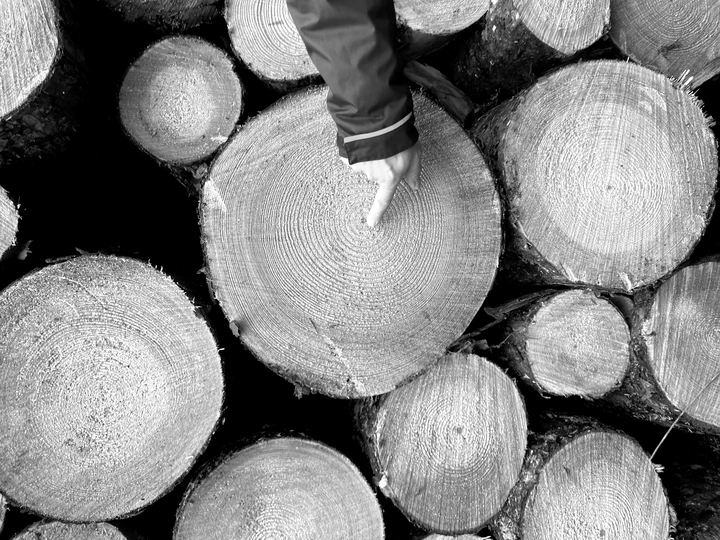A Chorographic Atlas of Brandenburg

I am an architect and interdisciplinary urban researcher with a career that has spanned teaching, practice, writing and research. I have worked with MIT, TU Berlin, and Bauhaus Earth, and founded the Kujenga Collaborative as well as the research/writing collective Thing. I am a licensed architect with design and construction experience across three continents.
My MIT thesis project, which interrogated naturalized technologies of water management in those parts of Holland most defined by its iconic rural forms, sparked an longstanding interest in how ideologies of nature are materialized through technology and architecture in the spaces of extended urbanization, as well as how representations of space form deeply impactful socio-technical imaginaries. I continue to develop these ideas independently as well as collaboratively; this has included writing on “design as re-assemblage”, visual representations as tools for ontological de-centering, as well as a multi-year investigation exploring the role of cartography in marine urbanization processes.
Recently, my interest in technological landscapes has grown to encompass a concern for climate imaginaries and narratives about ecology. My time as a senior researcher at Bauhaus Earth, a think-tank that investigates strategies to reduce the built environment’s impact on climate change, has convinced me that attempts to “climate proof” the building sector are in dire need of ontologically de-centered critique. The project I led there explored the architectural design potentials of certain regional materials, including local hardwoods, directly engaging the “forest urbanism” of Berlin-Brandenburg. This work, together with my experiences designing and constructing timber buildings, contributed to my desire to challenge reductive narratives around wood. I am currently developing a doctoral dissertation on this topic which will ultimately serve as one of many “narrative windows” within the Chorographic Atlas of Brandenburg.
Architectural “narratives of sequestration” promote timber buildings as a solution to the climate crisis, but these stories often push aside the reality of the deep existing entanglements between forests and humans in favor of reductive carbon calculations, ultimately de-politicizing the deeply ideological nature of current debates about ecology and technology. Developed out of research done at the Berlin-based think-tank Bauhaus Earth, as well as my own experiences designing timber buildings, this is a call for more critical representations of arboreal complexity to create “ontological openings” within a condition of “post-normal” science. We need representations that enable alternative imaginaries: textual, visual, immersive “narrative windows” that tell multiple, ontologically de-centered and interwoven stories, enabling critique of dominant technocratic discourses.
In the states of former East Germany, forests currently cover around 37% of the land and betray the intertwined legacies of Prussian scientific forest management, Soviet-era agricultural collectivization and plantation forestry, and modern-day climate stresses as well as the economic forces of global capitalism. Building on the rich literature of critical cartography and the work of allied researchers and artists, the digital/analog “Chorographic Atlas of Brandenburg” will host indexed narratives that engage these forests (featuring: fungal networks, sawmills, hunting cultures, soils…), as a spatially grounded methodology for critical representation that weaves paths through complexity without creating a totalizing frame.
This Atlas is a curated, collaborative platform that will engage non-academic audiences, enable creative collaboration, and foster connections to research in other contested territories. As the product of an interweaving of many subjectivities, the Atlas will enable critique of technocratic discourses, helping to shape richer climate imaginaries that directly influence policy.